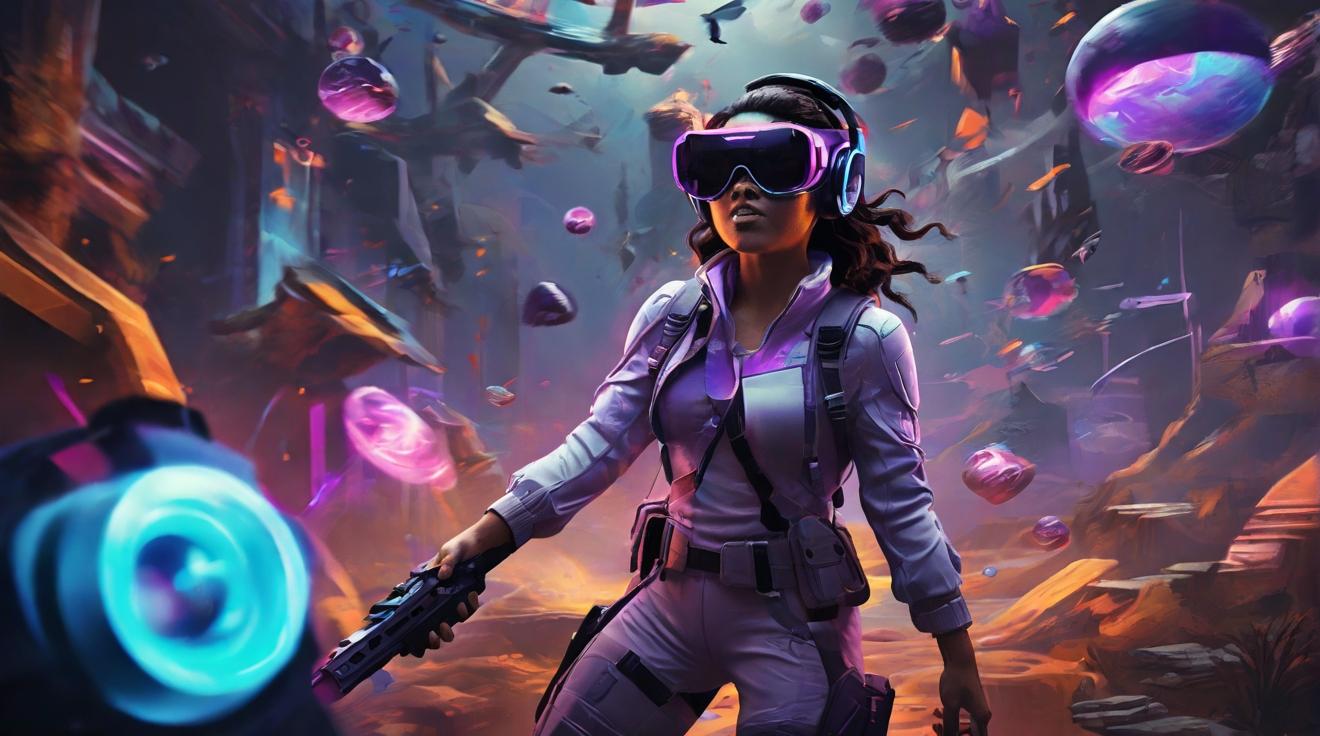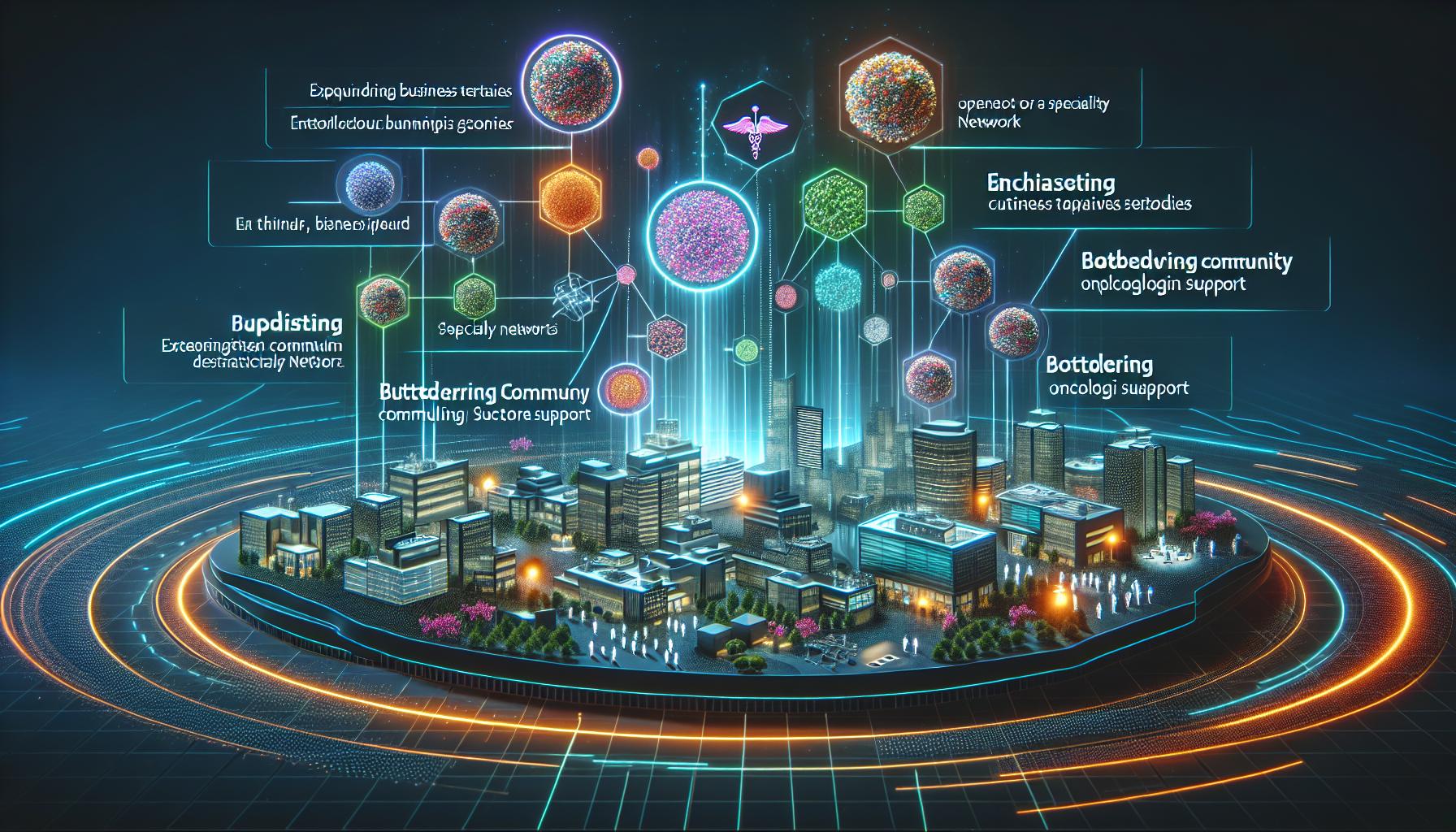The Power of AI-Generated Audio: Unleashing Creative Possibilities
Artificial intelligence (AI) has taken the world by storm, with the ability to generate stunningly realistic images. But AI’s capabilities extend far beyond visuals; it is also revolutionizing the audio space. Platforms like Midjourney, Dall-E, and Stable Diffusion are showcasing the extraordinary potential of AI-generated audio, and there are three specific use cases that are worth noting: AI-generated soundtracks, voice cloning for narration, and real-time translation.
AI-Generated Soundtracks: Unlocking Musical Potential
The importance of a film’s score cannot be overstated. Renowned film composer John Williams demonstrated the impact of music firsthand at his Hollywood Bowl performances, where he played a scene from “Indiana Jones and the Last Crusade” first without music, and then with his own composition. However, not every filmmaker has the resources or musical expertise to commission or compose a powerful soundtrack.
This is where AI steps in. AI algorithms have the ability to compose original music or generate soundtracks that perfectly complement the mood and tone of a video. Director Gareth Edwards, known for “Rogue One: A Star Wars Story,” experimented with AI to compose a soundtrack for his upcoming movie about artificial intelligence, “The Creator.” While the AI-generated track was impressive, Edwards ultimately enlisted the help of the renowned composer Hans Zimmer. However, for budding creators with limited musical knowledge or budget constraints, AI-generated soundtracks can be a valuable resource.
Real-Time Translation: Breaking Down Language Barriers
Language barriers can create a sense of distance and isolation between people. AI has the power to bridge this gap by providing real-time translation of spoken words in videos, text, and real-world situations. Alibaba made headlines in 2020 by broadcasting the world’s first e-commerce livestream with real-time translation for multiple languages. Skype Translator has been using AI-generated translation to facilitate communication during video calls. In the medical field, the MyCareLink Heart mobile app utilizes AI-generated translation to provide personalized care instructions to patients in their preferred language, even if their doctors and nurses don’t speak that language. Meta has also made significant advancements in AI translation models, setting a new benchmark for AI translation.
AI Voice Cloning: Ethical Applications in Narration
While the ability of AI to clone voices has raised security concerns, there are also ethical and responsible applications for this technology. Automated narration, for example, can be a game-changer for videos, audiobooks, and other multimedia content. AI can replicate a person’s voice based on a small audio sample, saving time and resources for in-demand narrators. For instance, a CEO’s voice can be cloned to narrate a corporate video without them having to spend hours in the recording studio. In the film industry, voice cloning can be used to dub a movie even if the star is unavailable to record the audio track. This can benefit both the actor and the studio, offering compensation without requiring additional work from the actor and helping the studio complete their film faster.
Amplifying Human Voice: How AI Enhances Creativity and Communication
There is an ongoing concern that AI will replace humans, but the use cases mentioned above do not render individuals unnecessary. Instead, AI builds upon human capabilities and enhances creativity and communication. For example, someone without musical abilities can now create an original score using AI. Additionally, individuals who want to lend their voice to a project but lack the time can effectively be in two places at once through AI voice cloning. AI also facilitates communication between individuals who speak different languages, allowing them to express themselves in their preferred language. Rather than replacing humans, AI empowers individuals to do more.
In conclusion, AI-generated audio is a powerful tool that unlocks new creative possibilities. AI-generated soundtracks, real-time translation, and voice cloning for narration are just a few examples of how AI is transforming the audio space. By embracing this technology, creators and communicators can enhance their work and bridge gaps between languages and cultures. AI is not replacing humans; it is amplifying and augmenting human capabilities in ways that were once unimaginable.
Analyst comment
Neutral news: The Power of AI-Generated Audio: Unleashing Creative Possibilities
As an analyst, the market for AI-generated audio is expected to grow as more industries and individuals recognize the benefits and potential of this technology. With AI-generated soundtracks, real-time translation, and voice cloning for narration, AI is transforming the audio space and providing new creative possibilities. This technology can be a valuable resource, especially for those with limited musical knowledge or budget constraints. It also has the potential to bridge language barriers and enhance communication between individuals who speak different languages. AI is not replacing humans, but rather empowering them to do more.













